Host-pathogen Interactions
Paul de Figueiredo Lab
Research Interests
The de Figueiredo lab actively pursues research into host mechanisms that control intracellular parasitism by viral, bacterial and fungal pathogens, including Brucella, the causative agent of one of the world’s most prevalent zoonotic diseases, and Cryptococcus neoformans, the world’s deadliest fungal pathogen. He also has significant interest in using microbes to combat cancer and autoimmune disease in humans. Dr. de Figueiredo has led collaborative projects with engineers. This work has pioneered the development of high-throughput microsystem tools and technologies that illuminate novel biological processes, including mechanisms governing microbial physiology and host-pathogen interactions.
LAB MEMBERS
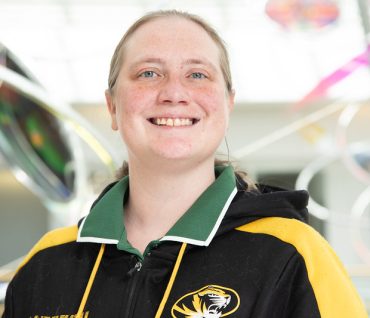

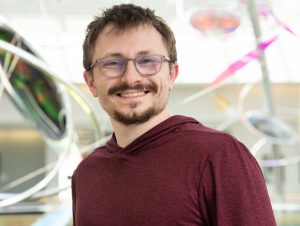

Oluwatola Femi-Olatunji
Ph.D Candidate - de Figueiredo Lab
emailoefgmd
place246 Bond LSC



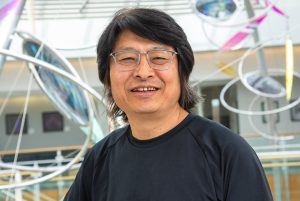


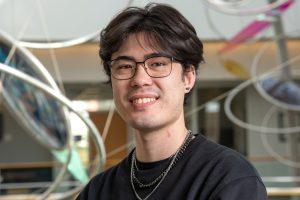
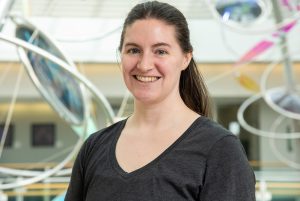
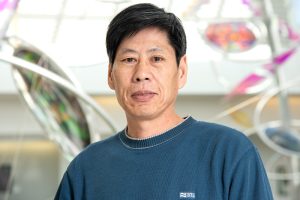
In the news
April 29, 2025
The lab as a grad program’s proving ground
Video shot by Nick Andrussian | Mizzou Visual ProductionsPackage produced by Evan Johnson | Bond LSC As Mizzou seniors think about life after graduation, the research lab could serve as a proving ground for future plans. That was the case for Bennett Flannagan, who graduated from Mizzou in 2024. He spent the last year as a research specialist I in the Paul de Figueiredo lab at Bond LSC, pushing himself and growing his expertise in preparation for graduate school. His work paid off when he heard he was one of 20 applicants accepted into the Translational Biosciences…
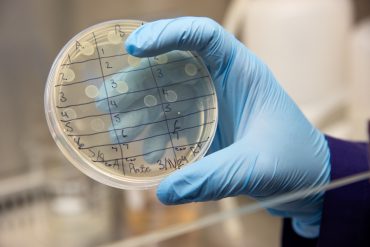
March 26, 2024
How Brucella bacteria find the sweet spot during infection
Research illuminates how one of the most prevalent zoonotic diseases infects cells MU undergraduate Raymond Preston shows an inoculated agar plate he uses in the Paul de Figureiredo lab to study bacterial and mechanisms. | photo by Sarah Gassel, Bond LSC By Sarah Gassel | Bond LSC When bacteria invade a host, they employ unique strategies to weaken the host’s cells for optimal infection. For the bacterial pathogen Brucella, this means manipulating internal cell machinery to subvert host function and favor infection. New research at the University of Missouri and Texas A&M University reveals a specific mechanism…
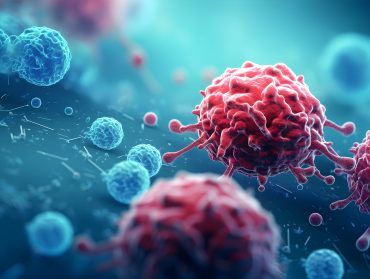
Feb. 1, 2024
Revealing cancer: immunotherapy advancement makes cancer easier to find by immune system
Close up illustration of isolated cancer cells at molecular scale. | Adobe Stock Joint release by Hokkaido University, Toyo University and University of Missouri Researchers in Japan and the United States have developed a novel method for boosting the immune system’s capability to detect and eliminate cancer cells. This technology robustly augments the amount of an immune complex called MHC (major histocompatibility complex) class I in cancer cells. “Our discovery has the potential to transform the way we approach cancer treatment,” said Hokkaido University immunologist Koichi Kobayashi, who led the study. “Our innovative technology enables us to…
